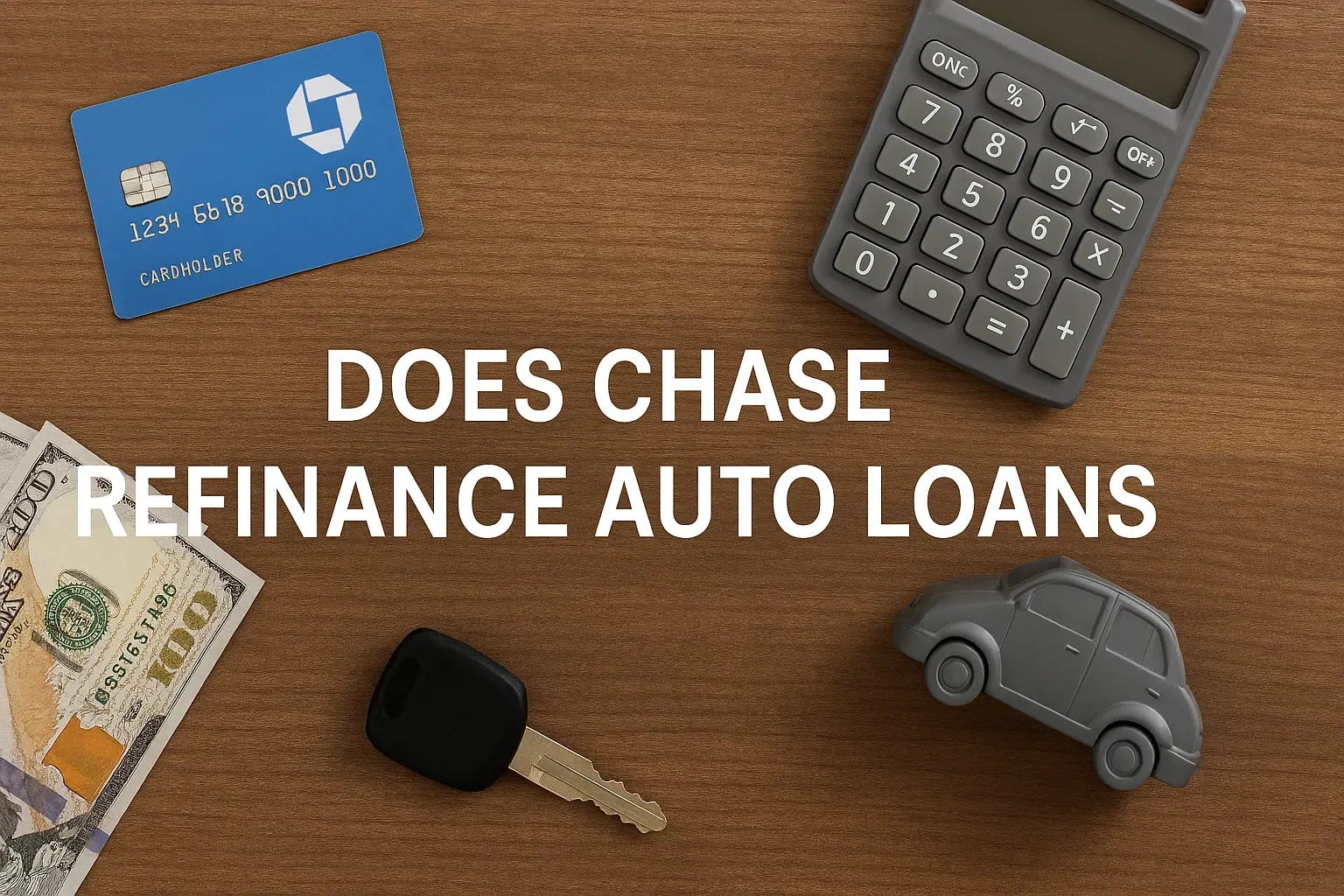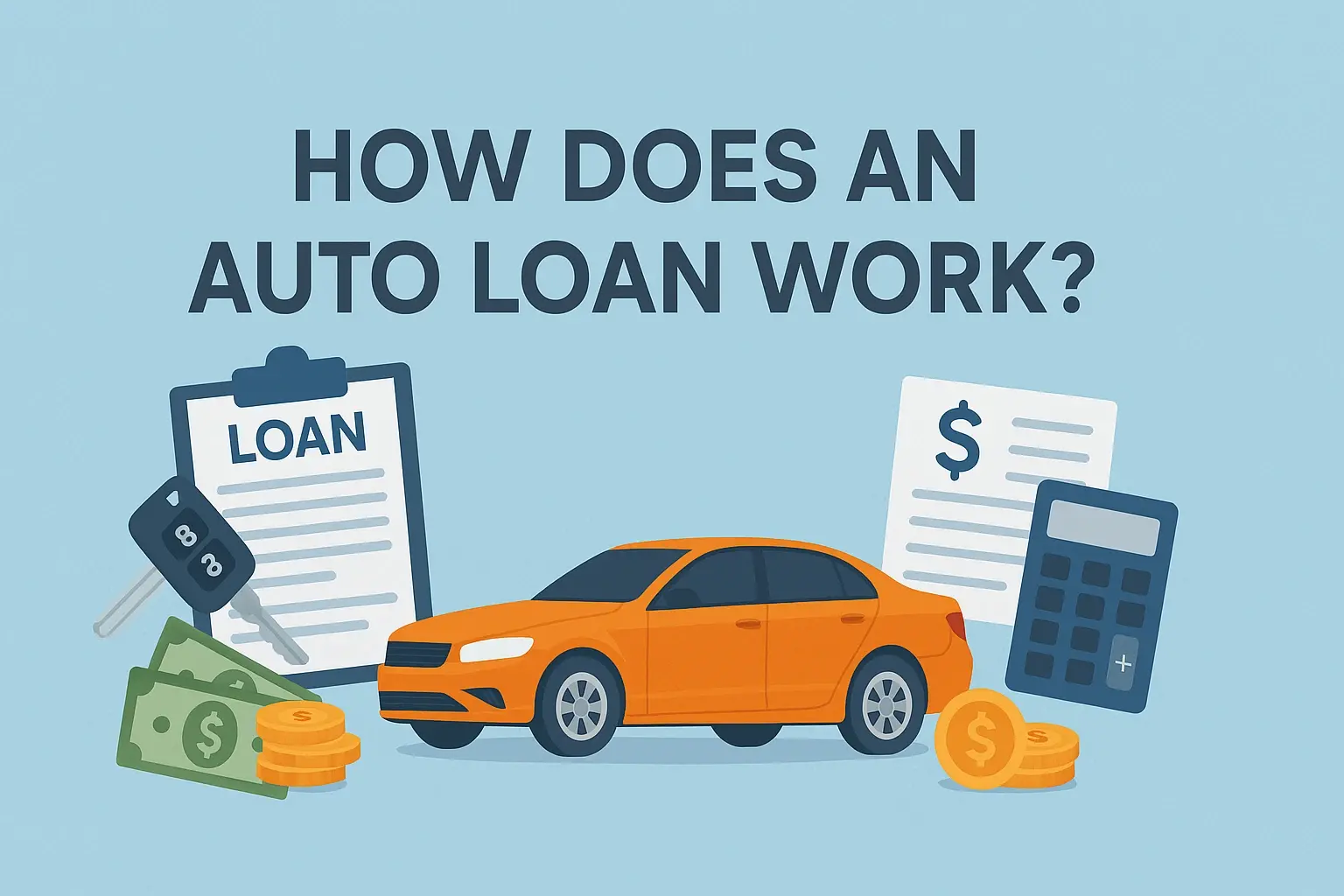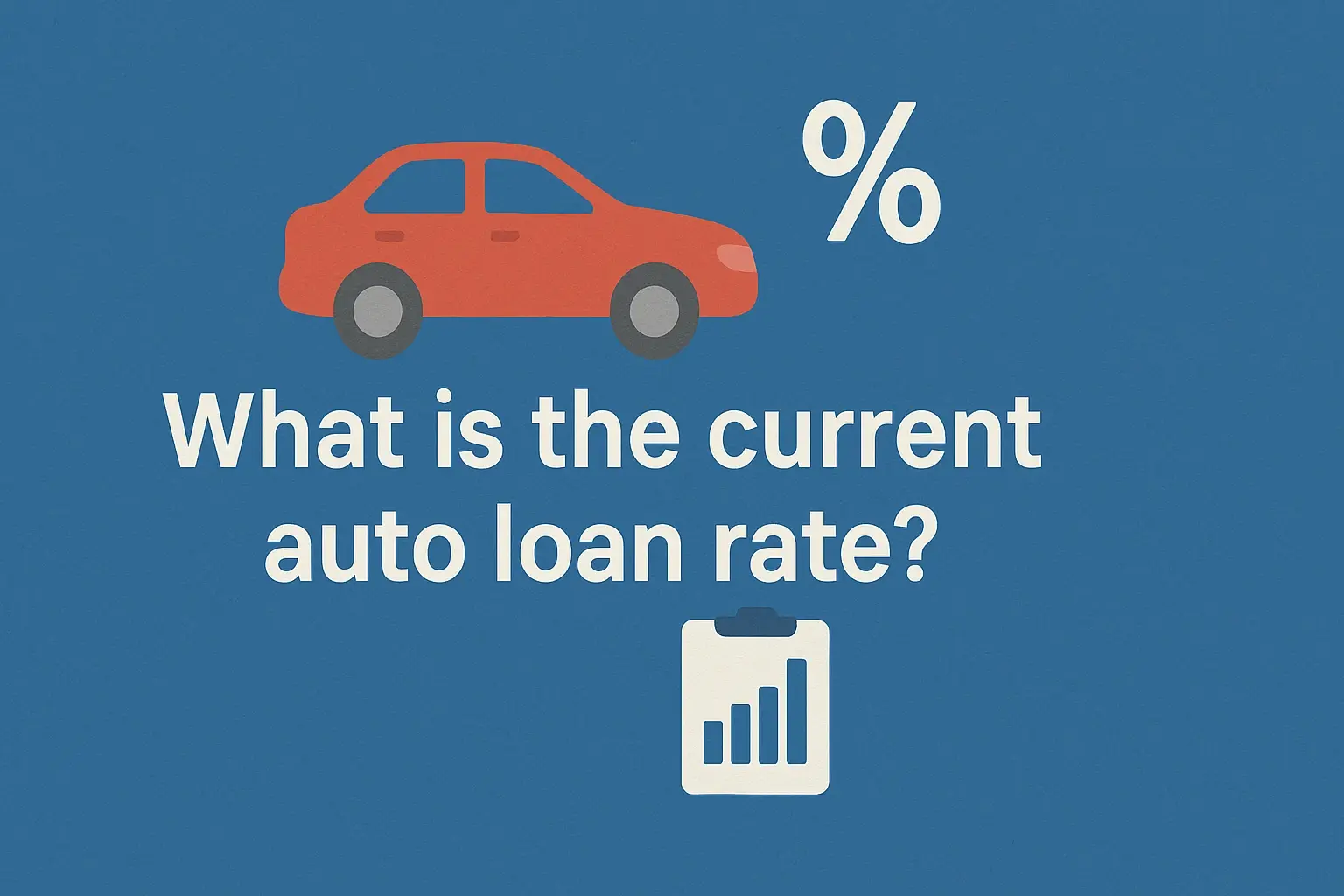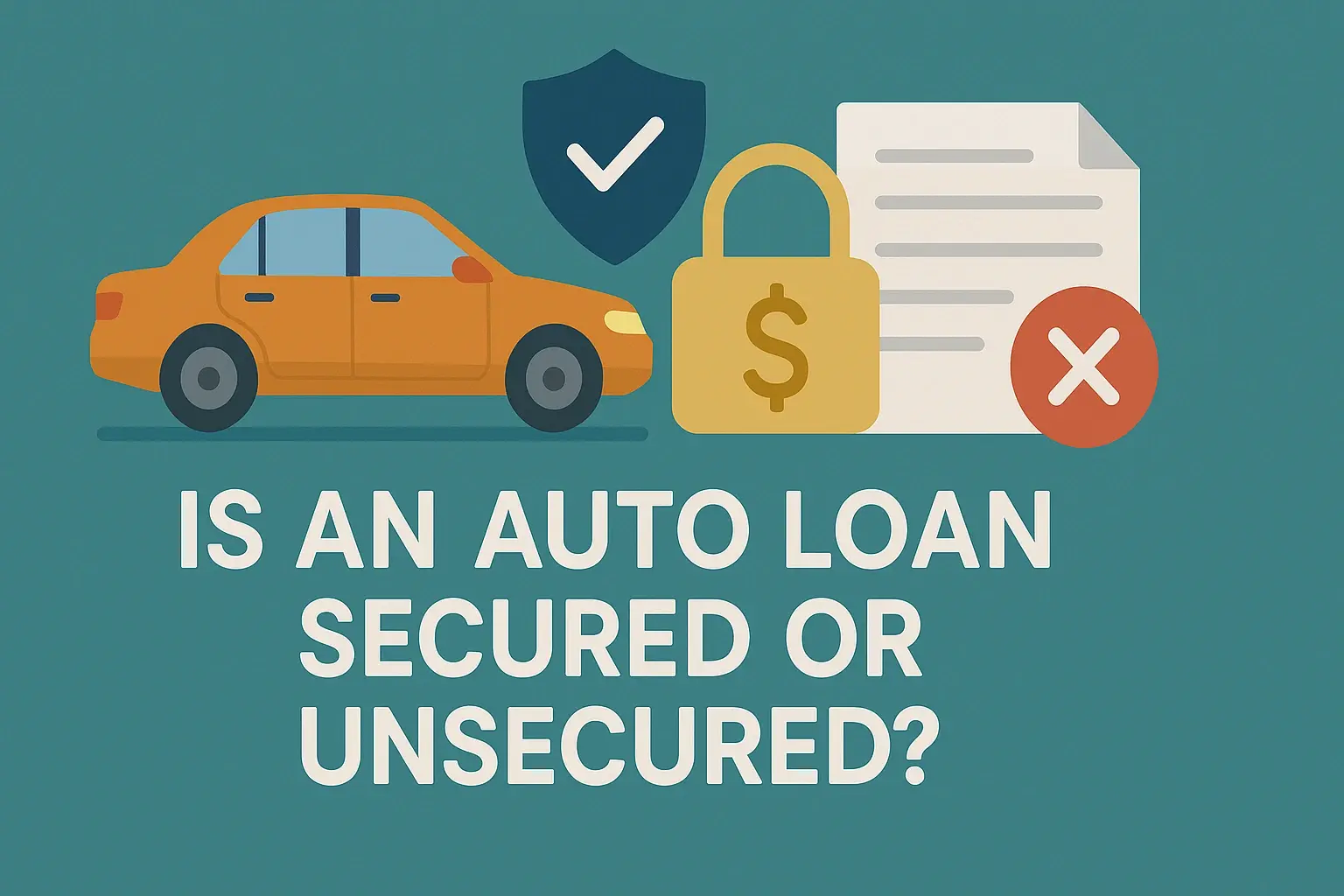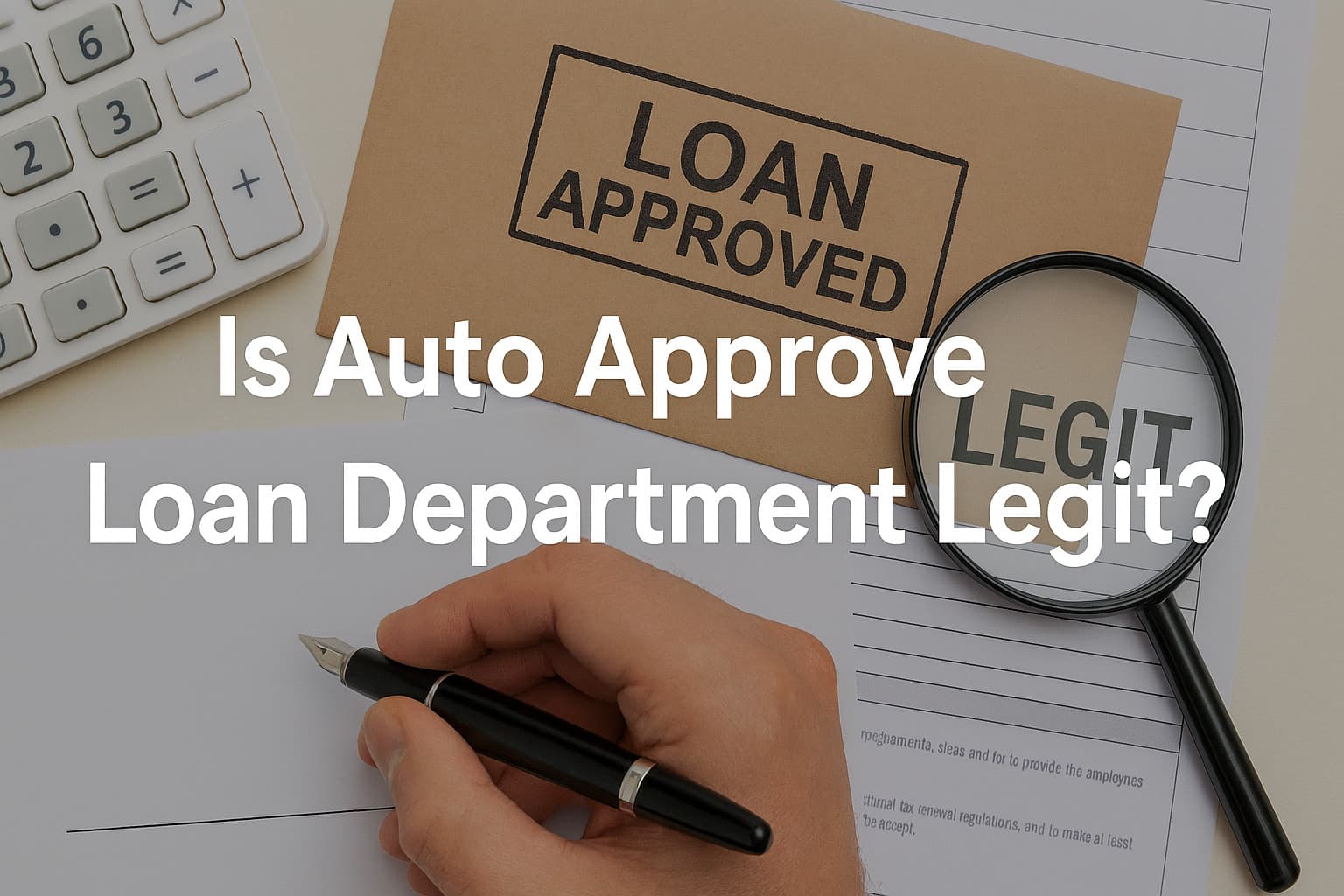-
Posted on: 25 Jul 2024
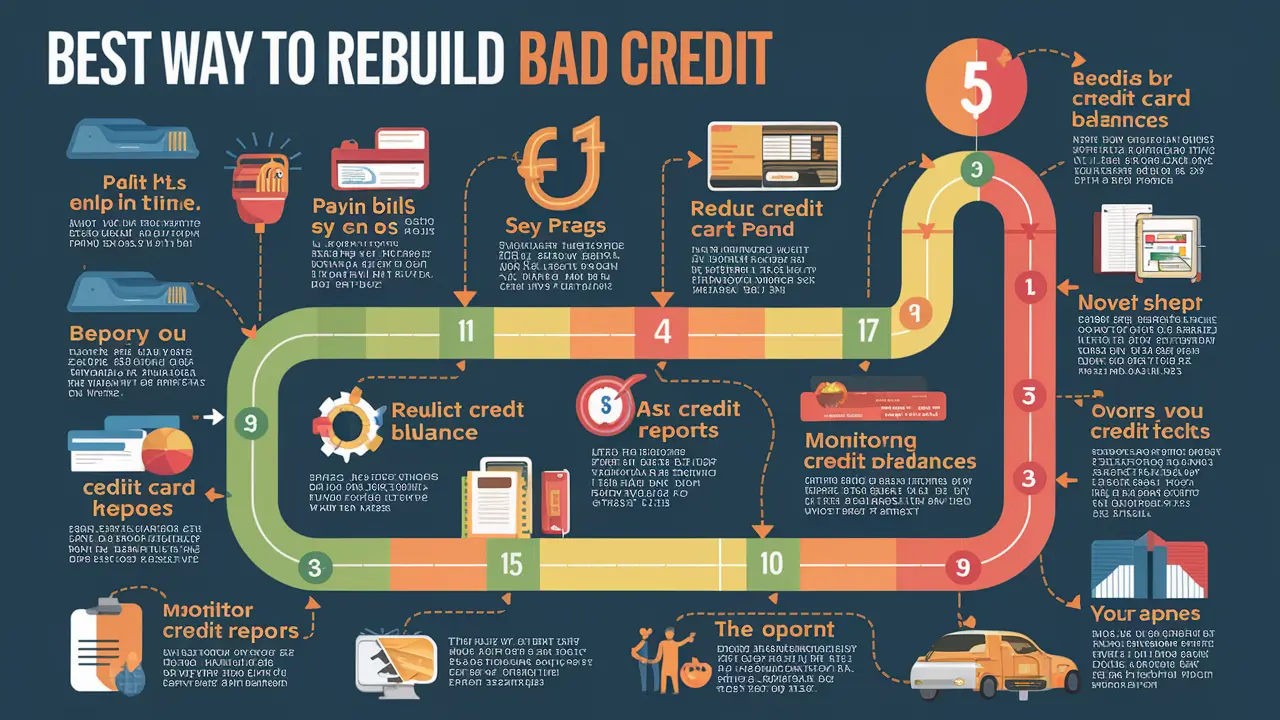
-
Having a good credit score is crucial for many aspects of life, from securing loans and mortgages to renting an apartment and even getting a job. If you're struggling with a low credit score, you might be wondering: "Can I fix my credit by paying off debt?" The short answer is yes, but it's not quite that simple. Paying off debt is a significant step toward improving your credit, but it's just one piece of the puzzle. This comprehensive guide will delve into the intricacies of how paying off debt affects your credit score and outline strategies for effectively improving your credit profile.
Understanding the Relationship Between Debt and Credit Score
Your credit score is a numerical representation of your creditworthiness, calculated by credit bureaus like Equifax, Experian, and TransUnion. Several factors influence your credit score, and debt plays a significant role in many of them. Let's break down the key components of your credit score and how debt impacts each:
Payment History (35% of your score)
Payment history is the most important factor in determining your credit score. It reflects whether you've consistently made timely payments on your debts. Late payments, even by a few days, can negatively impact your credit score. Conversely, a history of on-time payments demonstrates responsible credit management and boosts your score. Paying off debt eliminates the possibility of future late payments on those accounts, ultimately contributing to a better payment history.
Amounts Owed (30% of your score)
This factor considers the total amount of debt you owe and, more importantly, your credit utilization ratio. Credit utilization is the percentage of your available credit that you're using. For example, if you have a credit card with a $1,000 limit and a balance of $500, your credit utilization is 50%. Experts generally recommend keeping your credit utilization below 30%, and ideally even lower, to maintain a healthy credit score. Paying off debt directly reduces your overall amounts owed and, crucially, lowers your credit utilization ratio.
Impact of Credit Utilization
High credit utilization signals to lenders that you might be overextended and struggling to manage your debt. A lower credit utilization demonstrates responsible credit management and increases your creditworthiness. Paying down credit card balances, in particular, is a powerful way to improve your credit utilization and boost your score.
Length of Credit History (15% of your score)
The length of your credit history considers how long you've had credit accounts open. Generally, a longer credit history is viewed favorably. While paying off debt doesn't directly change the length of your credit history, it contributes to a positive track record over time. Closing older accounts after paying them off can potentially shorten your credit history, so consider carefully whether closing an account is the right move. If the account has a high credit limit and no annual fee, keeping it open and using it sparingly (and paying it off in full each month) can actually help your credit utilization ratio.
Credit Mix (10% of your score)
This factor assesses the variety of credit accounts you have, such as credit cards, installment loans (like car loans or mortgages), and student loans. Having a diverse mix of credit accounts demonstrates your ability to manage different types of debt responsibly. Paying off one type of debt, like a credit card, doesn't negatively impact your credit mix, as long as you have other types of credit accounts open. In fact, reducing your overall debt burden can make you a more attractive borrower for other types of loans.
New Credit (10% of your score)
This factor considers how frequently you apply for new credit accounts. Opening too many new accounts in a short period can lower your credit score, as it can indicate that you're a higher risk borrower. While paying off debt might make you feel more confident about applying for new credit, be mindful of how frequently you apply. Focus on managing your existing credit responsibly before taking on new debt.
How Paying Off Debt Improves Your Credit Score
Now that we understand the components of a credit score, let's examine specifically how paying off debt contributes to its improvement:
- Reduced Credit Utilization: As mentioned earlier, this is a major benefit. Lowering your credit card balances significantly reduces your credit utilization, signaling responsible credit management.
- Improved Payment History (Indirectly): By eliminating debt, you eliminate the risk of future late payments on those accounts. This strengthens your payment history over time.
- Increased Creditworthiness: Paying off debt demonstrates your commitment to financial responsibility, making you a more attractive borrower to lenders in the future.
- Reduced Financial Stress: While not directly impacting your credit score, reducing debt can significantly alleviate financial stress, allowing you to focus on other financial goals and make more informed decisions.
Strategies for Paying Off Debt and Improving Your Credit
Simply deciding to pay off debt is only the first step. Here are some effective strategies to help you achieve your debt-reduction goals and improve your credit score:
1. Create a Budget and Track Your Spending
The foundation of any successful debt repayment plan is a clear understanding of your income and expenses. Create a budget to track where your money is going. Identify areas where you can cut back on spending and allocate those funds towards debt repayment. Numerous budgeting apps and tools are available to help you with this process.
2. Prioritize High-Interest Debt
Focus on paying off debts with the highest interest rates first, such as credit card balances. This strategy, known as the "avalanche method," saves you the most money in the long run by minimizing interest charges. Make minimum payments on all other debts while aggressively tackling the high-interest ones.
3. The Snowball Method
Alternatively, the "snowball method" involves paying off the smallest debt first, regardless of the interest rate. This approach provides a psychological boost as you see debts disappear quickly, motivating you to continue the repayment process. While it might not be the most financially efficient method, it can be effective for people who need extra motivation.
4. Debt Consolidation
Debt consolidation involves combining multiple debts into a single new loan, often with a lower interest rate. This can simplify your debt repayment and potentially save you money. Options include balance transfer credit cards, personal loans, and home equity loans. Carefully compare the terms and fees associated with different debt consolidation options to ensure it's a beneficial move.
5. Debt Management Plans
A debt management plan (DMP) is a structured repayment plan offered by credit counseling agencies. The agency works with your creditors to negotiate lower interest rates and monthly payments. While a DMP can help you manage your debt, it's important to choose a reputable credit counseling agency and understand the potential fees involved.
6. Negotiate with Creditors
Don't be afraid to contact your creditors and negotiate lower interest rates or payment plans. Explain your financial situation and demonstrate your willingness to repay your debt. Some creditors may be willing to work with you to find a solution that benefits both parties.
7. Avoid Taking on New Debt
While you're working to pay off debt, avoid taking on new debt unless absolutely necessary. This includes avoiding unnecessary purchases on credit cards and delaying major purchases until you're in a better financial position.
8. Use Windfalls Wisely
If you receive a windfall, such as a tax refund or bonus, consider using it to pay down your debt. This can significantly accelerate your debt repayment progress and boost your credit score.
When Paying Off Debt Isn't Enough: Other Factors to Consider
While paying off debt is crucial, it's not the only factor that affects your credit score. Here are some other considerations:
- Errors on your Credit Report: Regularly review your credit reports from Equifax, Experian, and TransUnion for errors. Dispute any inaccuracies with the credit bureaus to ensure your credit report is accurate and reflects your creditworthiness. You can get a free copy of your credit report from each bureau annually at AnnualCreditReport.com.
- Building a Positive Credit History: If you have limited or no credit history, consider opening a secured credit card or becoming an authorized user on a responsible account holder's credit card. This will help you establish a positive credit history over time.
- Time: Building a good credit score takes time and consistency. Even after paying off debt, it may take several months or even years to see a significant improvement in your credit score. Be patient and continue practicing responsible credit management habits.
- Negative Information: Negative information, such as bankruptcies or foreclosures, can remain on your credit report for several years. While paying off debt won't erase this negative information, it will demonstrate that you're taking steps to improve your financial situation.
The Importance of Long-Term Financial Health
Improving your credit score is not just about paying off debt; it's about developing healthy financial habits that will benefit you in the long run. Focus on building a solid financial foundation by budgeting, saving, and investing wisely. This will not only improve your credit score but also provide you with greater financial security and peace of mind.







